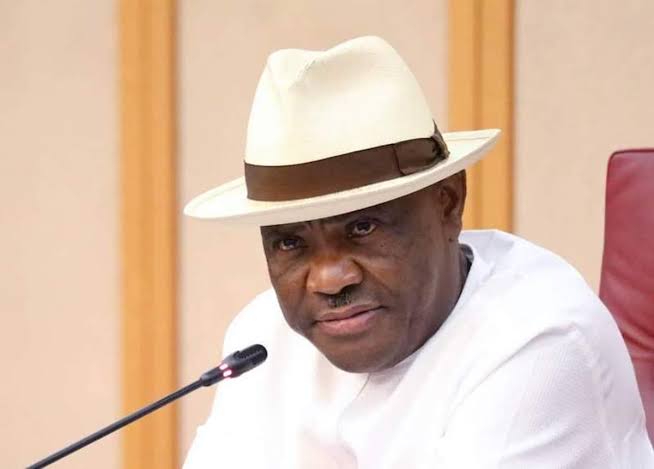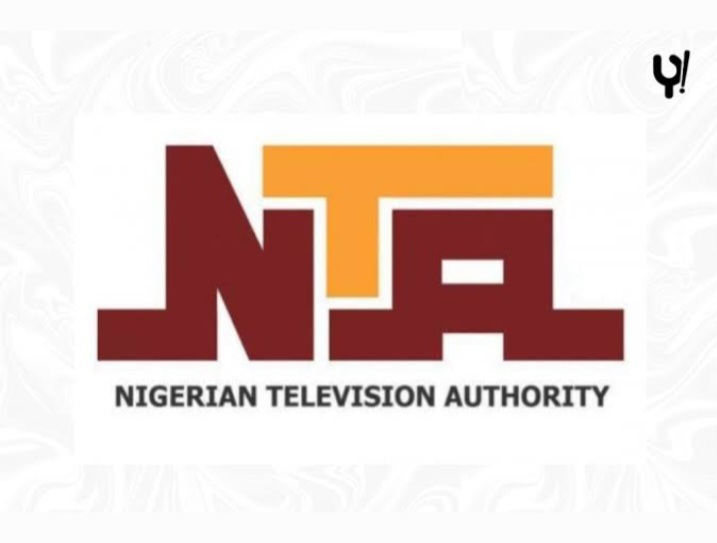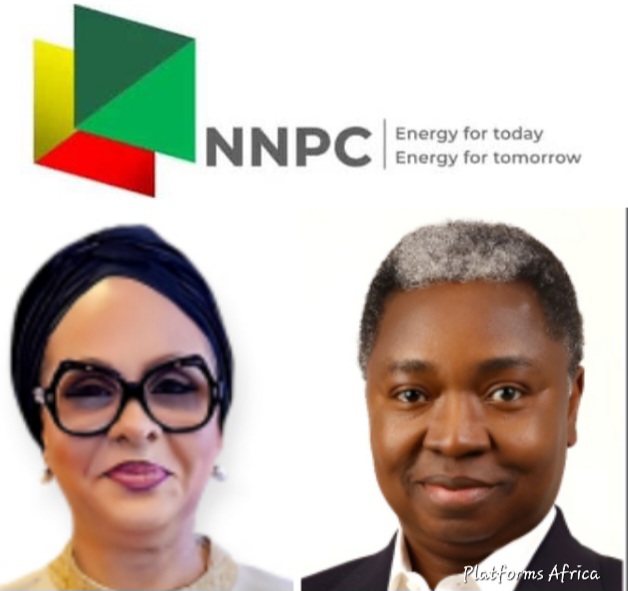The Peoples Democratic Party, PDP, has said former Rivers State governor and Minister of the Federal Capital Territory, Nyesom Wike, cannot be sanctioned for alleged anti-party activities without a formal petition, backed by evidence.
PDP Deputy National Legal Adviser, Mr. Okechukwu Osuoha, told Vanguard in Abuja yesterday that although the party had already set up a disciplinary committee to deal with cases of infractions, no member had been prosecuted or punished because no petitions had been formally presented.
“At our NEC meeting, we set up a disciplinary committee headed by Chief Tom Ikimi, an elder statesman, with Eyitayo Jegede, SAN, as secretary. They were mandated to address any infraction or anti-party activity by any member of the party, no matter their position, and to bring such persons to book.
READ ALSO:
Nigerian Embassies Hit By Unpaid Rent, Salary Arrears
‘Office Romance,’ Nestlé Sacks CEO Laurent Freixe
What Nigeria’ll Get As NUPRC Inks Deals With NNPC, TotalEnergies, Sapetro
The Place of Young Lawyers in NBA: Matters Arising, By Emeka Obegolu, SAN
US Okays $825m Missile Sale To Ukraine
“But up until today, no one has been prosecuted or sanctioned. People often ask me specifically about the Minister of the FCT, Nyesom Wike, why don’t we discipline him, why don’t we take action?
Ads by
‘’I tell them it is not enough to merely say someone has committed an offence. A formal petition has to be submitted to the disciplinary committee,” Osuoha explained.
The PDP NEC member stressed that anyone bringing a petition must also be ready to testify and provide evidence when the accused person was invited.
He noted: “When that petition is written and presented, the petitioner must also be ready to come and testify. If the person accused is invited, you must come with your evidence. It is not enough to make general allegations.’’
Onuoha added that the challenge of following through with disciplinary cases was not unique to the PDP but reflected wider problems in Nigeria’s governance system.
“This is the same problem with our wider Nigerian system. It is not just about pointing out anomalies; the challenge is following them up to a conclusion,” he said.





